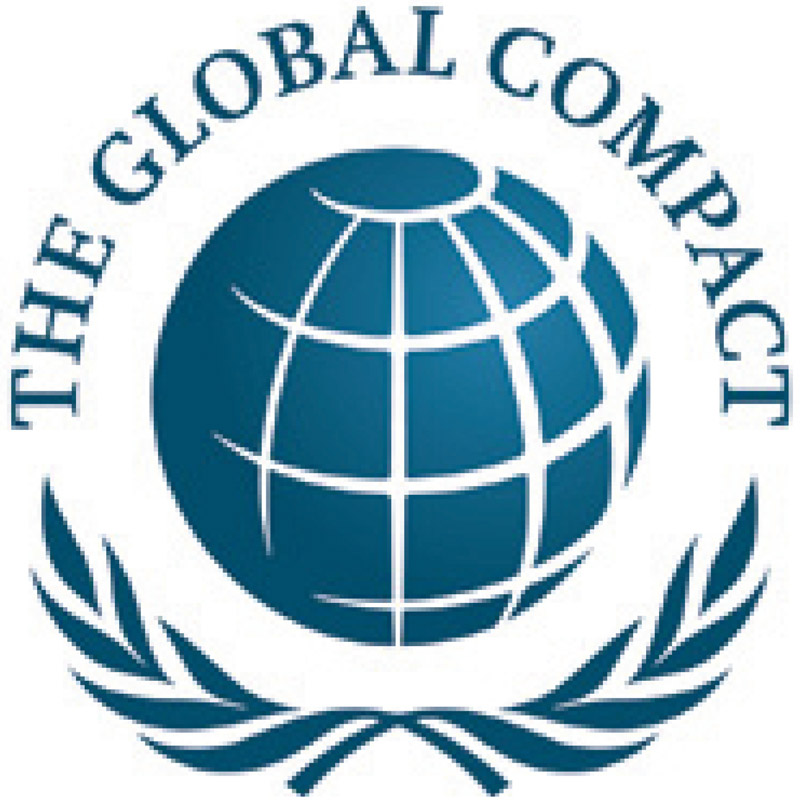
How we treat people and our environment

For our family-run company, ecology and social responsibility are not just a marketing trend but a conscious commitment. We ensure that our own producers and suppliers adhere to factors such as fair wages, workplace safety, and social benefits as standard. With these principles, we strive for mutual success and long-term partnerships.
Jörg Kümmel


Dress for School is certified according to OEKO-TEX® Standard 100
You can rest assured that all components of our articles, including threads, buttons, and other accessories, have been tested for harmful substances, ensuring the article is safe for health. The criteria catalog is updated at least once a year and expanded to incorporate new scientific insights or legal requirements. This enables us to provide our customers with the assurance that we stay informed about the current legal landscape regarding harmful ingredients. In many instances, the limits established for STANDARD 100 surpass national and international standards.

Value-oriented corporate management is the formula that Dress for School uses to maintain the delicate balance of give and take. We do not manufacture our clothing at any price, but at a fair price.

Wherever possible, we deliberately choose manufacturing companies in Europe. This is because factors such as wage levels, occupational safety and social benefits are guaranteed as a matter of course. At Dress for School, these standards are the benchmark for all production partners. Everyone should benefit from the value chain. Our manufacturing partners, the Dress for School team and of course our customers. With this principle, we focus on mutual success and long-term partnerships.
We have known our suppliers for many years and place the utmost importance on upholding our defined social standards throughout the entire supply chain. In doing so, we align ourselves with the 10 principles of the UN Global Compact and the Code of Conduct of the Confederation of the German Textile and Fashion Industry. We are member of the UN Global Compact Network Germany.

The ten principles of the UN Global Compact
Human rights
- Businesses should support and respect the protection of internationally proclaimed human rights
- Businesses should make sure that they are not complicit in human rights abuses.
Labour
- Businesses should uphold the freedom of association and the effective recognition of the right
- Businesses should uphold the elimination of all forms of forced and compulsory labour
- Businesses should uphold the effective abolition of child labour
- Businesses should uphold the elimination of discrimination in respect of employment and occupation.
Environment
- Businesses should support a precautionary approach to environmental challenges
- Businesses should undertake initiatives to promote greater environmental responsibility
- Businesses should encourage the development and diffusion of environmentally friendly technologies.
Anti-Corruption
- Businesses should work against corruption in all its forms, including extortion and bribery.